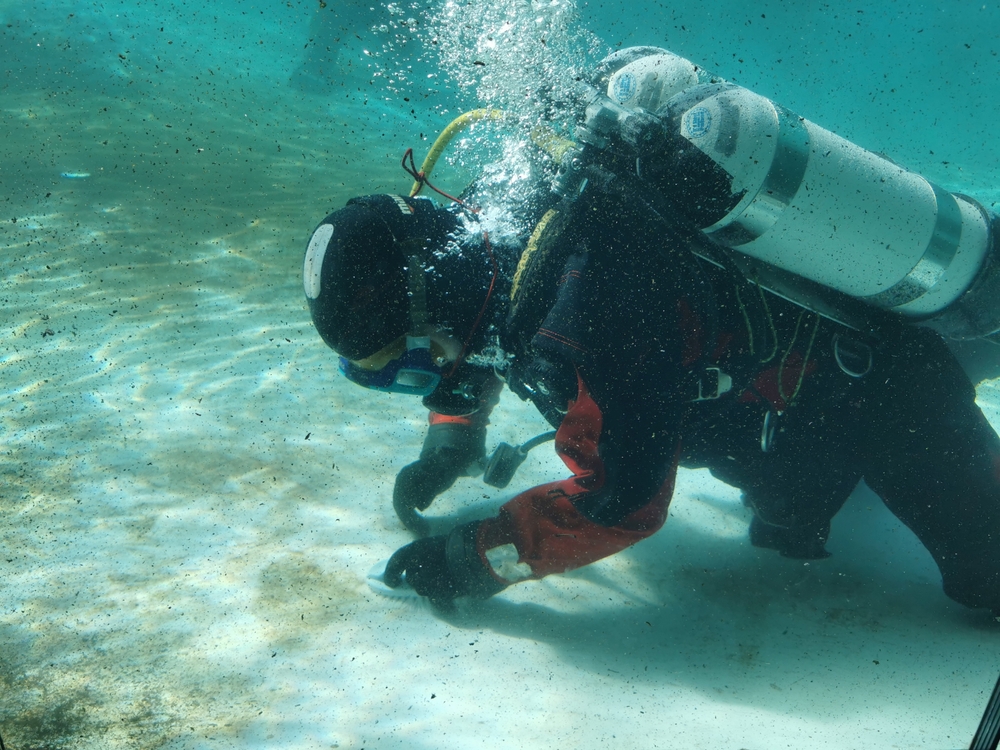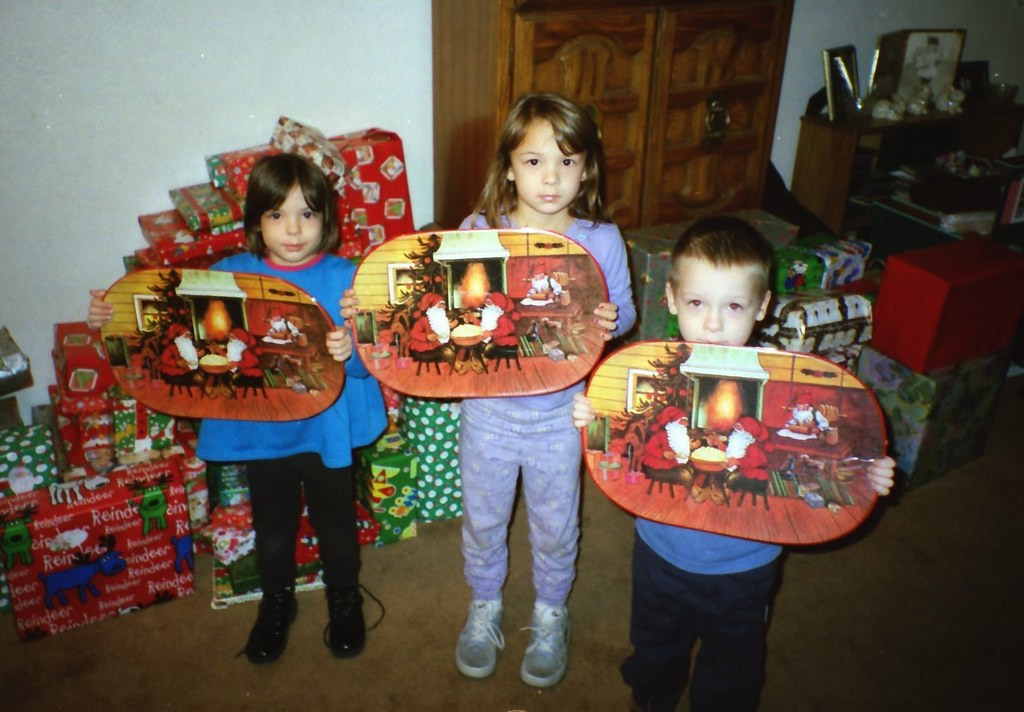You did the spreadsheets, read the “Best Places to Retire” lists, maybe even watched a YouTube couple rave about their new life in “quiet” Florida. You packed up, downsized, waved goodbye to your snowblower… and three months in, you’re sitting in your overpriced bungalow, sweating through your shirt, thinking: Did I just retire in the wrong state?
Yep, it happens. A lot. The dream of palm trees, low taxes, and front porch wine can quickly turn into sky-high insurance premiums, boring weekends, or a six-hour drive to the nearest hospital. Whether it’s the politics, the weather, or the fact that your kids suddenly stopped visiting—these signs are how retirees really figure out they’ve landed in the wrong zip code.
Here are 13 telltale signs you might want to hit Ctrl+Z on your big retirement move.
1. You’re Constantly Battling Extreme Weather
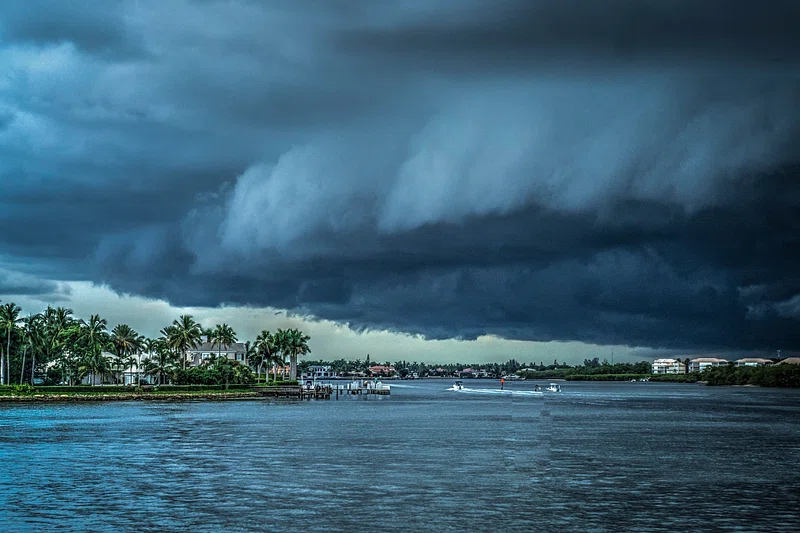
If you envisioned your retirement as a peaceful time, free from natural disasters, some states might not fit the bill. Florida, for instance, is experiencing a real estate slowdown due to rising insurance premiums from hurricanes, elevated HOA fees, and mounting property taxes. According to Business Insider, these challenges are causing some residents to relocate to more affordable states like Tennessee and Georgia. So, if you’re not keen on boarding up windows every hurricane season, it might be time to reconsider your retirement location.
The cost of storm prep alone can chip away at your savings—not to mention what happens if a hurricane actually hits. Insurance policies are getting harder to renew, and some companies have even pulled out of Florida entirely. That dream beachfront condo could become uninsurable faster than you can say “storm surge.” Sure, sunsets over the ocean are nice… but so is not spending $15K on flood repairs every other year.
2. Your Tax Bill Feels Like a Mortgage Payment
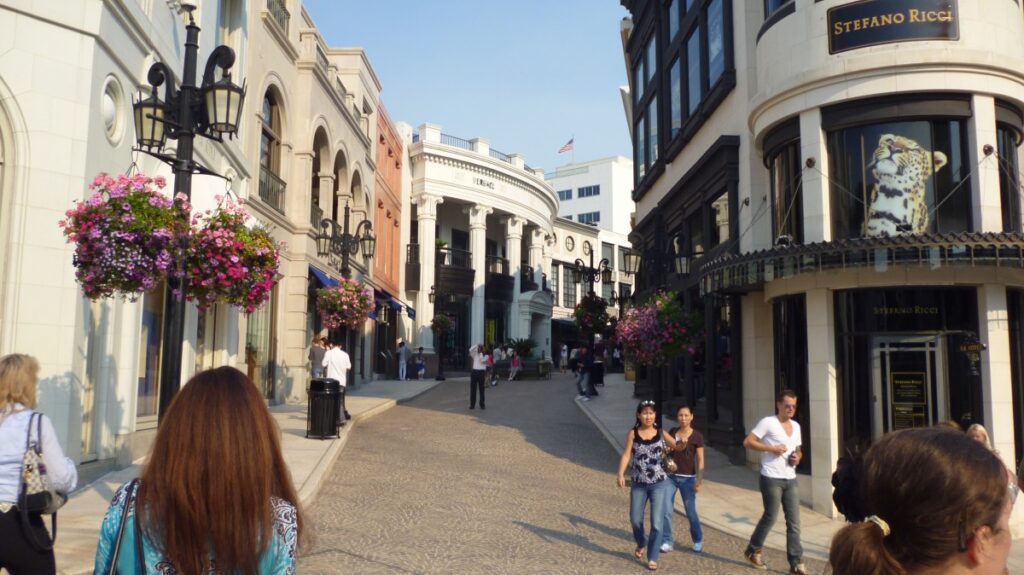
If your retirement dream includes sipping cocktails without worrying about taxes, California might not be your paradise. According to Kiplinger, the Golden State ranks among the worst states for retirees when it comes to taxes. With income tax rates soaring up to 14.4% for high earners, and the state taxing 401(k) and IRA distributions, your nest egg could hatch a lot faster than anticipated. Even if Social Security isn’t taxed, the overall tax burden can be hefty. So, unless you’re planning to retire with a Hollywood-sized bank account, you might want to consider a more tax-friendly state.
States like Florida, Tennessee, and Nevada are becoming popular alternatives because they don’t tax retirement income—and that can make a huge difference when you’re budgeting on a fixed income. California might have the beaches and weather, but unless you’re planning to downsize into a tent, your dollars won’t stretch nearly as far. Between property taxes, gas prices, and other sneaky fees, even your hobbies might start to feel like luxury items. And while sunshine is nice, you can’t pay the electric bill with vibes.
3. Your Healthcare Options Are Limited

Retirement should be about enjoying life, not stressing over healthcare access. In Texas, however, retirees might find themselves in a healthcare desert. The state ranks 49th in mental health providers per 100,000 citizens and 47th in primary care providers per 100,000 citizens. Additionally, Texas has the highest percentage of uninsured residents in the U.S. With limited access to healthcare professionals and facilities, retirees might face challenges in receiving timely and adequate care. Unless you’re ready to travel long distances for medical appointments, Texas might not be the ideal retirement spot.
Healthcare becomes more important—not less—as you age, and long wait times or under-resourced hospitals are the last things you want when managing chronic conditions. According to U.S. News & World Report, Texas consistently ranks near the bottom in overall healthcare performance. Sure, the barbecue’s great, but if your knee replacement takes a year to schedule, you might want to rethink the whole “aging in place” thing. Quality of life isn’t just about weather and cost—it’s also about getting a checkup before something turns into a crisis.
4. Your Savings Are Draining Faster Than Expected
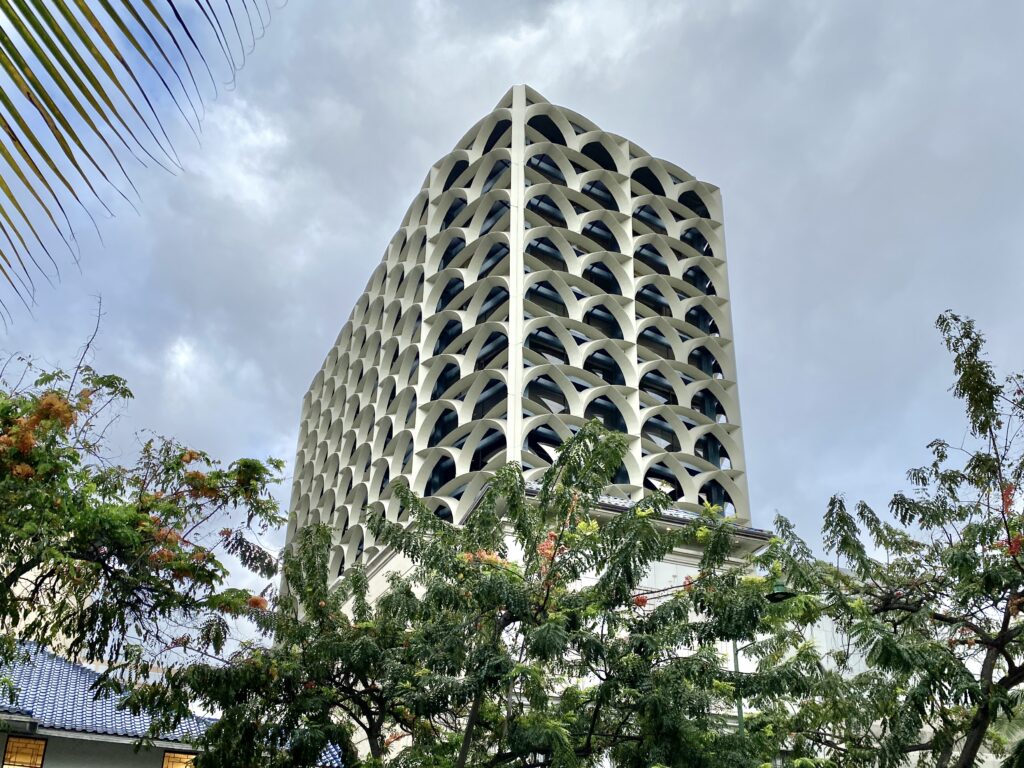
Retiring in a state with a high cost of living can quickly deplete your savings. In Hawaii, for example, the cost of living is significantly higher than the national average, per Rent.com, with expenses like housing and groceries taking a substantial bite out of your budget. While the tropical paradise is alluring, the financial strain might outweigh the benefits. Unless you have a substantial retirement fund, you might find yourself returning to the workforce sooner than planned.
It’s one thing to visit Hawaii for two weeks—it’s another thing to pay $7 for a loaf of bread and $6,000 a month for a one-bedroom with ocean views. Retirement should be about stretching your money, not pinching pennies in paradise. Moving to a place with lower expenses doesn’t mean giving up beauty; many inland and coastal alternatives offer great scenery without the sticker shock. Trade the island fantasy for a more affordable oasis, and your 401(k) might actually last past your 70th birthday.
5. Safety Concerns Are Keeping You Up at Night
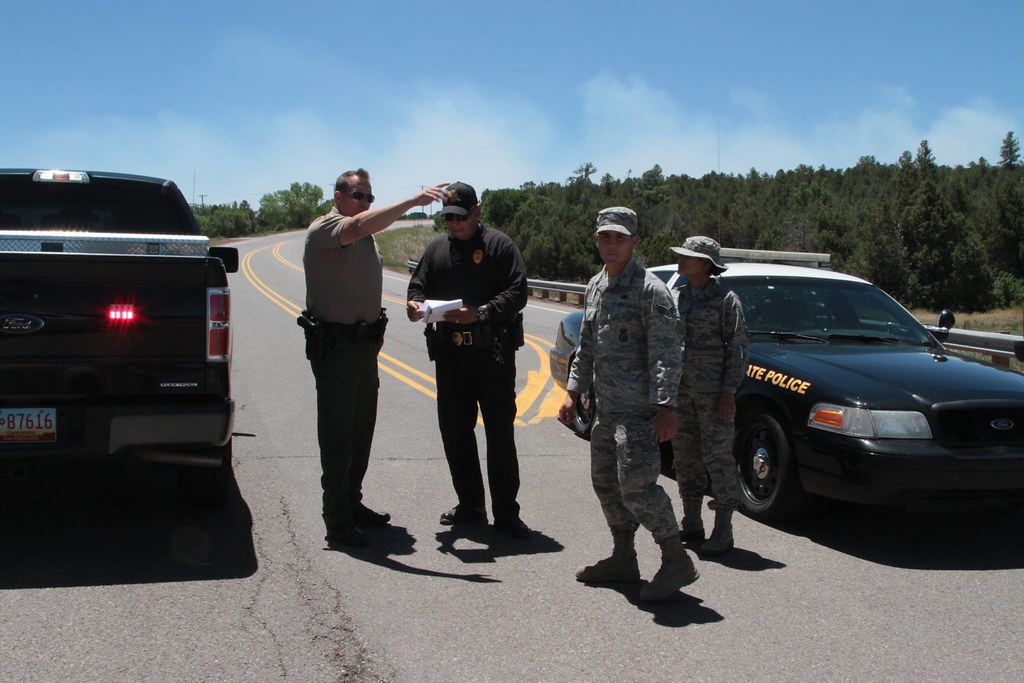
Feeling safe and secure is paramount in retirement. However, some states have higher crime rates that might make retirees think twice. For instance, certain areas in New Mexico have been highlighted for their elevated crime statistics. While every state has its safe and less-safe areas, it’s essential to research and choose a location where you can enjoy your golden years without constant worry.
According to CrimeGrade.org, states like New Mexico consistently rank near the top for property crime, which can be unsettling for older adults living alone. If you’re constantly installing security cameras or sleeping with a baseball bat under your pillow, it might be time to rethink your ZIP code. Safety isn’t just about violent crime—it’s about peace of mind. And frankly, you’ve earned a retirement that doesn’t include chasing porch pirates off your lawn.
6. You Can’t Make Friends—Because Everyone Else Already Moved Away

You showed up with your pickleball paddle and your best “I’m new in town!” smile… only to realize the local community center closed three years ago. The younger generation left a while back, and now the only people you see at the grocery store are snowbirds trying to leave, not linger. If your dream of vibrant friendships has turned into long solo walks with the dog, that’s a red flag. A great retirement state should have more than just great views—it should have people to share them with.
If you’re finding it hard to build a community or make even one brunch buddy, the issue might not be you. It might be that the area just isn’t built for connection. Loneliness isn’t just a vibe-killer—it can affect your health, too. Retirement isn’t meant to be a solo mission. And if you feel like the only full-time resident in a part-time town, it might be time to Google “most social retirement cities” and try again.
7. The Weather Is Straight-Up Rude
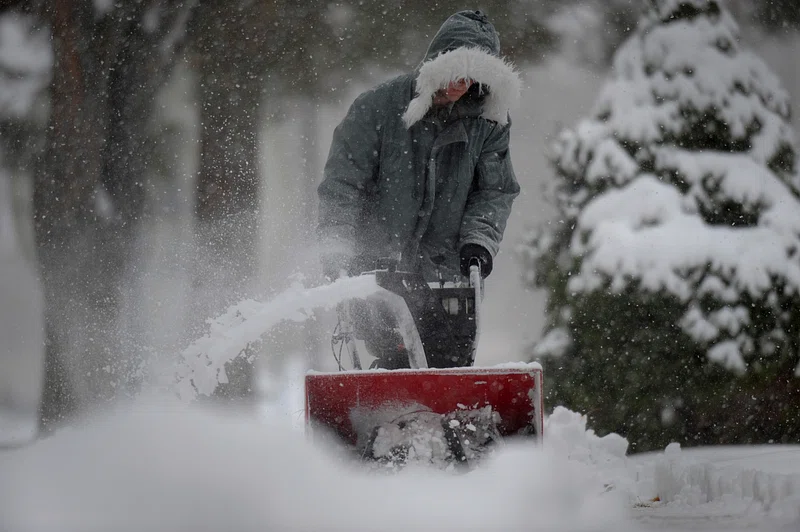
You moved for “seasons” but got 42 straight days of drizzle, three surprise blizzards, and a heatwave that melted your mail. If you’re watching your weather app like it’s a thriller movie, something’s off. A little rain or cold is expected, but retirement weather should feel like a soft hug—not a slap. Maybe you imagined sipping coffee on a porch swing, but instead you’re trapped inside debating if it’s worth shoveling the driveway again.
Too much extreme weather can also drive up your utility bills, wreck your landscaping budget, and throw a wrench into outdoor plans. Let’s be real—no one wants to “age gracefully” in a state where you sweat through your sheets or freeze mid-sentence. If you’re constantly rearranging your life around the forecast, your state may not be the vibe. Retirement should feel like a vacation, not a survival course.
8. You’re Driving Everywhere, All the Time
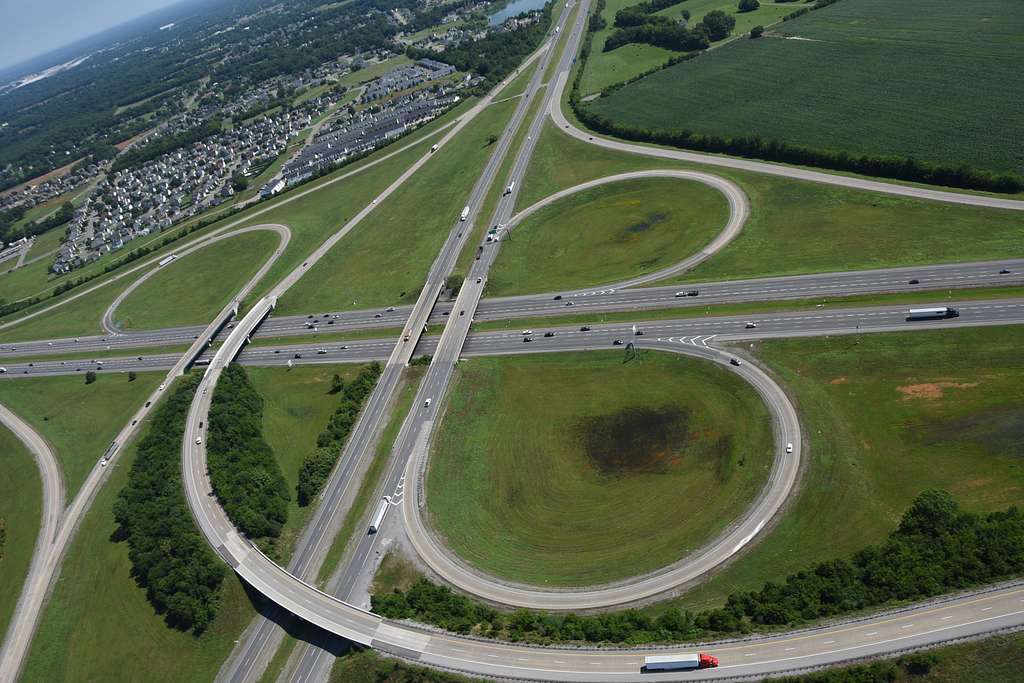
If your entire day revolves around driving—just to get to the pharmacy, post office, and grocery store—you may have picked the wrong place. Sure, open roads and fewer crowds sound dreamy until you’re burning half a tank of gas to pick up your prescription. Walkability isn’t just a perk—it’s sanity. Retirees need easy access to essentials, and if you’re putting 15,000 miles a year on your car after retirement, something’s wrong.
Also, let’s talk about winter driving. Or traffic that turns a 10-minute trip into 45. A good retirement spot should be gentle on your nerves and your gas card. You’re not auditioning for The Fast and the Furious: Senior Edition. You deserve a town where the coffee shop and clinic are a short stroll away—bonus points if there’s a cute bookstore in between.
9. The “Affordable” Housing Came with Hidden Costs
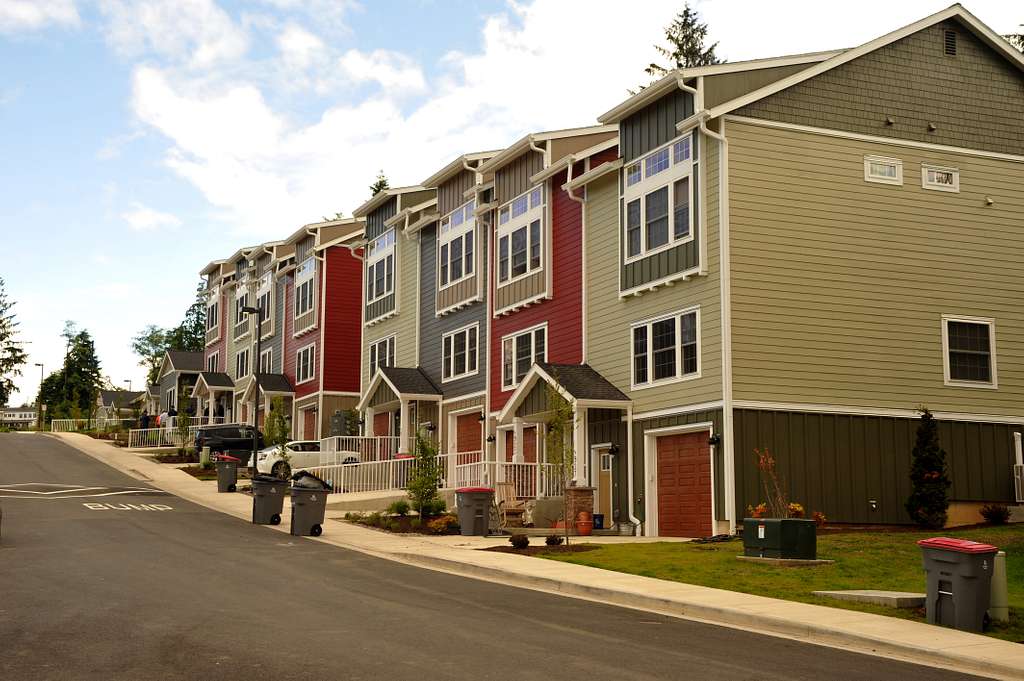
You moved there because the real estate listings looked like a steal. But now you’re realizing those “affordable” homes come with surprise flood insurance, crumbling infrastructure, and a HOA that charges you to breathe. Your property taxes creep up each year like they’re trying to test your patience—and maybe your blood pressure, too. And don’t even get started on utilities, which seem to have been priced by someone playing a prank.
Cheap upfront doesn’t always mean affordable long-term. If your so-called budget home is bleeding you dry with constant maintenance, repairs, or fees, you’re not saving—you’re sinking. The dream house shouldn’t come with a nightmare price tag. A good retirement state should make you feel smart for downsizing, not like you walked into a financial trapdoor. Next time: check the fine print twice.
10. You’re Bored Out of Your Mind
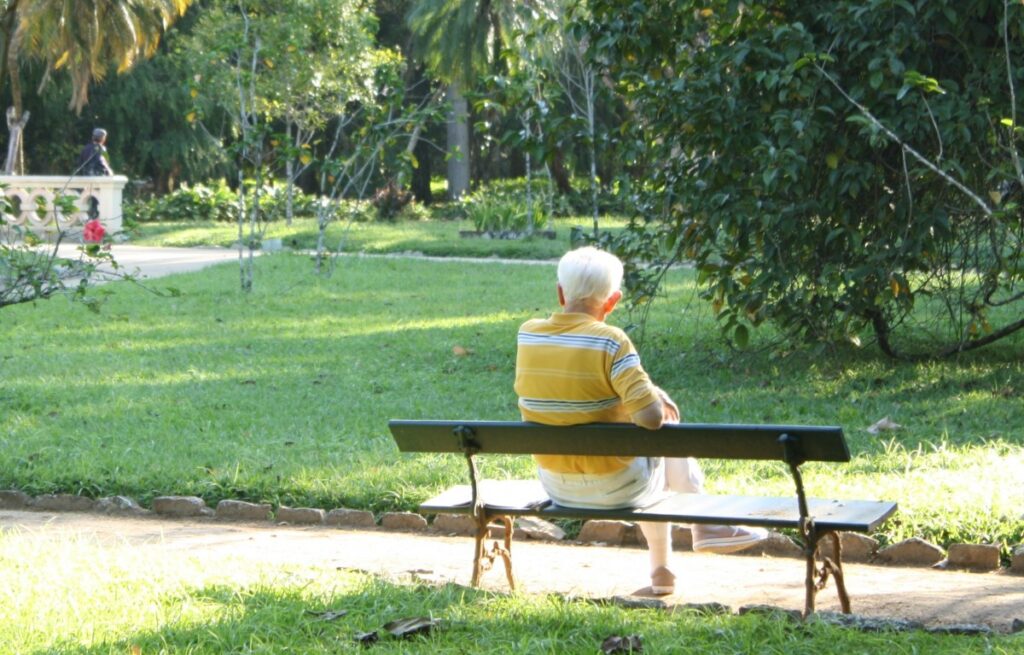
Look, peace and quiet are great—but not if they come with a side of “nothing to do.” If your town shuts down by 6 p.m. and the only entertainment is people-watching at the gas station, we’ve got a problem. Retirement should be restful, not restless. Whether it’s art classes, hiking clubs, or just a decent coffee shop, you need more than cable news and jigsaw puzzles.
If you find yourself Googling “things to do near me” and coming up empty—or worse, ending up on a bingo night Facebook page that hasn’t been updated since 2019—you might’ve picked the wrong spot. A good state supports your curiosity and lifestyle, not just your budget. Fun matters. So do hobbies. So does not counting ceiling tiles out of boredom.
11. Your Grown Kids Never Visit
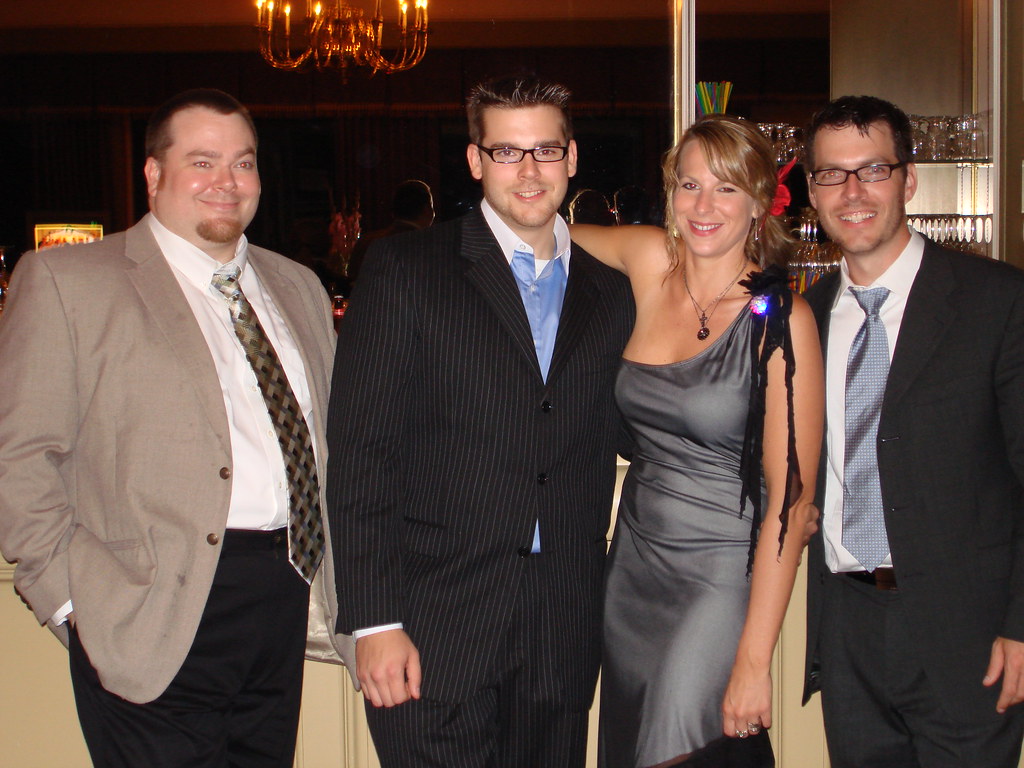
If your children suddenly become “really busy” right after you move, there might be a reason. Maybe flights are outrageous. Maybe there’s “nothing to do” for them nearby. Or maybe your retirement paradise is too remote, too humid, or too hard to reach without a sherpa and a connecting flight through Phoenix.
Yes, you’re allowed to choose your dream life—but if seeing your kids and grandkids is part of that dream, location matters. If they flake on every holiday visit and Zoom starts replacing hugs, that’s a clue. Being close-ish counts more than ever when they start their own families. You shouldn’t need a travel agent just to get a Sunday dinner reunion.
12. Politics Are Making You Miserable

Retirement is not the time to spend your days yelling at the local news or dreading town hall drama. If you feel like a political alien in your new home, it can get exhausting—fast. Maybe the state policies don’t align with your values. Maybe you just want less noise, fewer protests, or not to argue at the farmer’s market over bumper stickers.
Whatever the flavor, it’s hard to relax when you feel out of sync with the community around you. And while you don’t need to agree with everyone, you do need to feel like you belong. Retirement should come with peace, not political whiplash. If the local vibe stresses you out more than taxes, you might want to start looking at state lines instead of party lines.
13. You Regret Downsizing—Like, A Lot
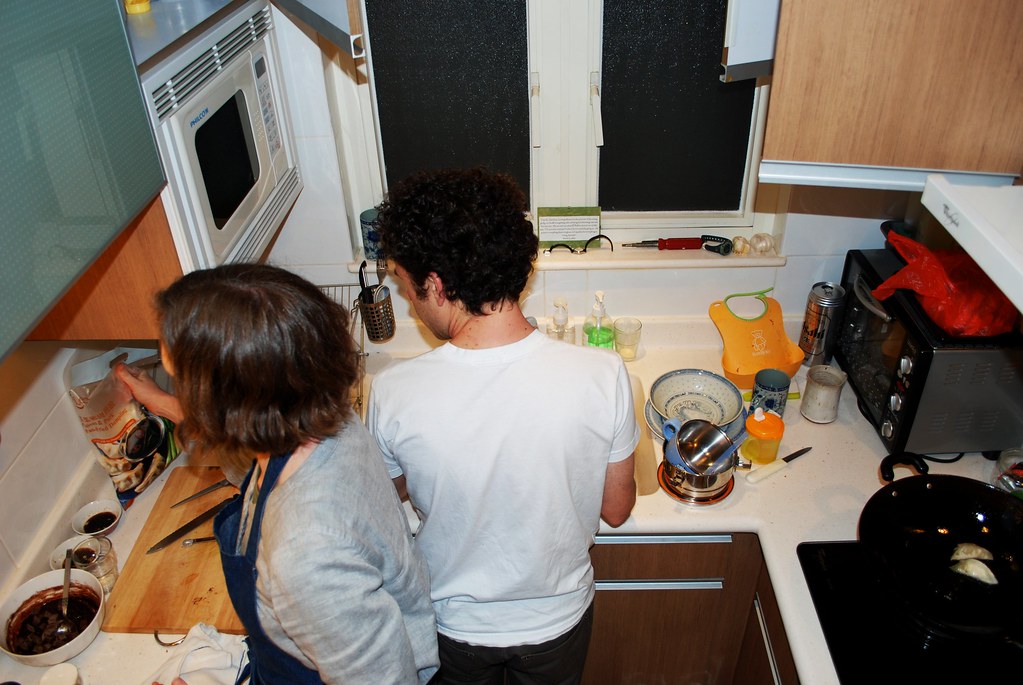
Downsizing sounds noble in theory: fewer rooms, less clutter, simpler life. But now you’re hosting family in a 2-bedroom shoebox and storing your holiday decor in the trunk of your car. Suddenly, that open-concept kitchen feels a little too open—and that second bathroom? Missed more than your old coworkers.
There’s a fine line between cozy and cramped, and if you’re constantly tripping over stuff or guests, you may have crossed it. Downsizing shouldn’t feel like a downgrade. If you find yourself whispering “I miss my old house” during every visit, it’s probably not the square footage—it’s the state. Because a good retirement location makes small spaces feel freeing, not suffocating.
This article is for informational purposes only and should not be construed as financial advice. Consult a financial professional before making investment or other financial decisions. The author and publisher make no warranties of any kind.






